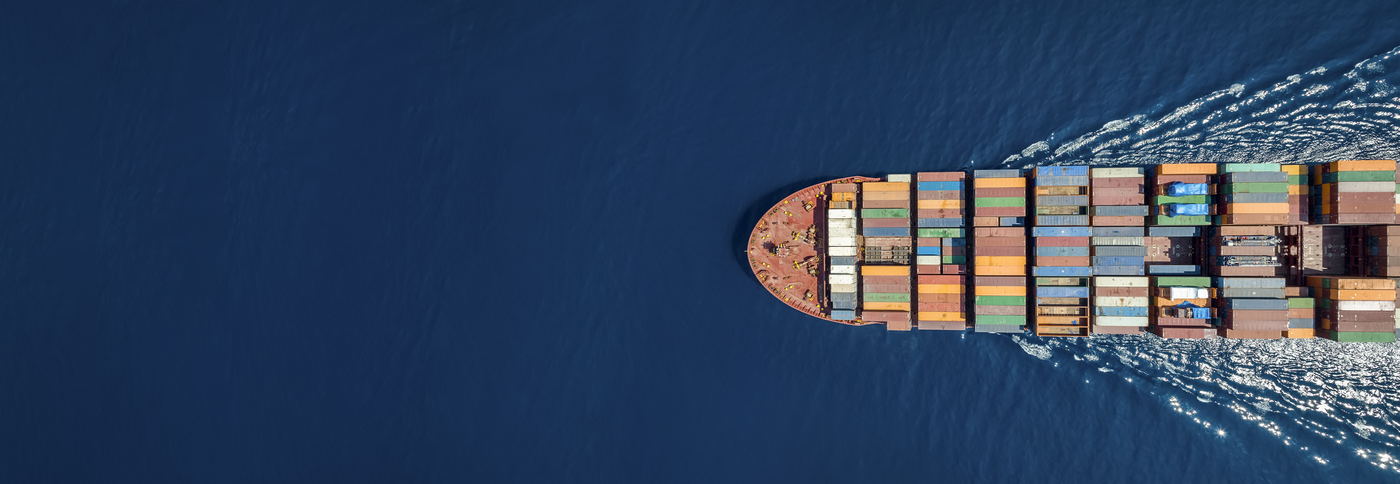



Close
result
What is happening?
What is happening?
Covid-19, ‘Ukraine’, and US-China trade tensions are a multi-wave storm forcing even the most trenchant supporter of global supply chains to re-think. ‘De-risking’ is the new Western mantra. But de-risk from what?
Mapping global risk is no longer a task to be outsourced to a consultant; it needs to be a core competence for every management and Board, alongside the now-compulsory CISO function. De-risking isn’t just a Western phenomenon – everyone is now doing it. OPEC nations are broadening geo-political allegiances or having none at all. China and India are focused on domestic capability enhancement.
What to watch?
What to watch?
The trend toward self-reliance as insurance against, effectively, geo-political risk, itself isn’t a free lunch. Global factor productivity can only decline, and output growth in high-cost areas will ultimately be a cost borne by tax-payers.

What to do?
What to do?
Accurately assessing high probability structural risk, rather than reacting to short-term trends, will make massive differences to corporate and national outcomes.
As chiefs of staff, you would benefit from contingency plans for various risk scenarios. This would involve mapping potential disruptions, assessing their impact, and planning response strategies for different geo-political risks you think would most significantly affect your organisation.
For many chiefs of staff, de-risking Taiwan and food supply chains are possible examples of time well spent.














